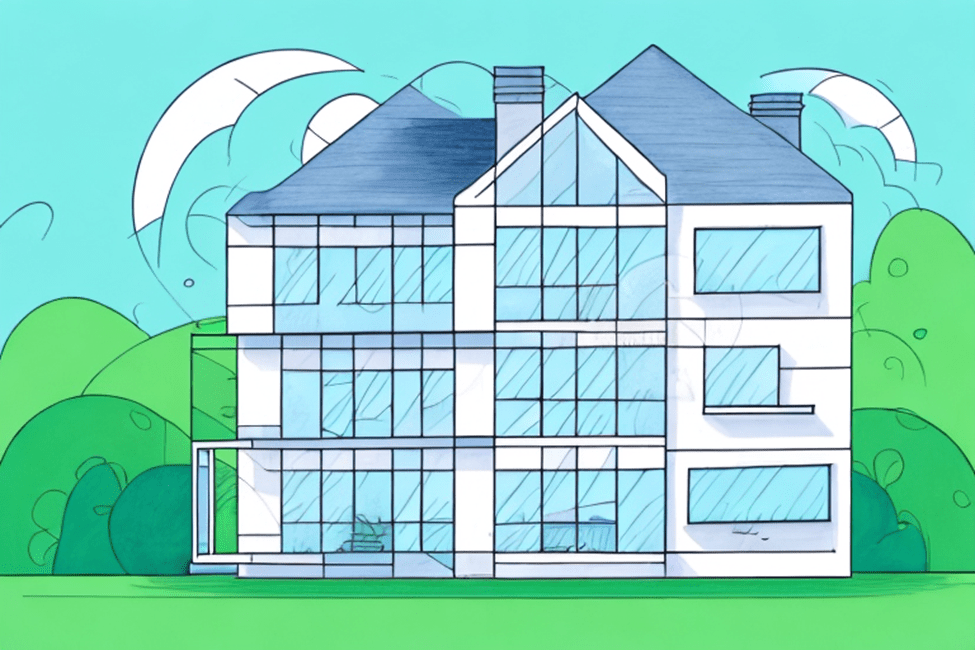Are you considering venturing into property development but unsure whether to focus on residential or commercial properties? Property development offers a plethora of opportunities, but deciding between residential and commercial projects can be challenging. Each sector presents distinct characteristics and considerations, influencing factors like investment returns, market dynamics, and project complexity.
Understanding the differences and factors between the two can significantly impact your decision-making. Let’s explore various considerations when weighing Residential vs. Commercial Property Development.
Purpose and Use
Residential properties cater to housing needs, providing spaces for individuals and families to live. On the other hand, commercial properties serve business purposes, encompassing office spaces, retail stores, industrial units, and more. Understanding the intended use is crucial in determining which type aligns best with your goals.
Target Market
Residential properties target individuals or families seeking a place to call home. Commercial properties, on the other hand, target businesses or organizations looking for spaces to operate. Consider the demographics, preferences, and needs of your target market when deciding on the type of property development.
Investment Returns
While both sectors offer potential for profitability, the return on investment (ROI) varies. Residential properties often generate steady, long-term income through rental or resale, while commercial properties may yield higher rental income but often involve longer lease terms and may face higher vacancy risks.
Market Dynamics and Trends
Stay updated on market dynamics and trends influencing both residential and commercial sectors. Factors such as population growth, economic conditions, demand-supply balance, and industry trends can significantly impact the success of property development in either sector.
Financing and Investment Requirements
Consider the financing and investment requirements for each type of property development. Residential projects typically require lower initial investments compared to commercial properties, which often involve higher upfront costs due to construction specifications, infrastructure needs, and zoning requirements.
Management and Maintenance
Managing and maintaining residential properties often involve handling individual tenants, addressing their concerns like chimney repair, and ensuring property upkeep.
Commercial properties might require professional property management but can also involve longer lease agreements and handling businesses as tenants.
Risk and Stability
Residential properties are generally considered more stable with consistent demand for housing. Commercial properties may present higher risks due to economic fluctuations, market changes, and dependence on specific business sectors, but they can also offer higher potential returns.
Regulatory and Zoning Considerations
Understand the regulatory and zoning aspects associated with each type of property development. Residential developments may have different zoning and compliance requirements compared to commercial projects, requiring adherence to specific codes and regulations.
Personal Interest and Expertise
Consider your personal interest, expertise, and long-term goals in property development. Some developers may prefer the human element of residential projects, while others might thrive in the complexities of commercial property development or have expertise in certain niches within these sectors.
Project Complexity and Duration
Residential projects often have shorter development timelines and may be less complex compared to commercial projects, which can involve longer planning phases, complex designs, and specialized infrastructure needs.
Conclusion
The debate Residential vs. Commercial Property Development hinges on various factors such as investment objectives, market dynamics, and regulatory constraints. Residential development offers stability and consistent demand, appealing to long-term investors seeking steady returns. Conversely, commercial development presents higher risks but potentially higher rewards, attracting investors with a higher risk tolerance and a keen eye for strategic opportunities. Ultimately, the choice between these two sectors depends on individual goals, risk appetite, and market analysis.










